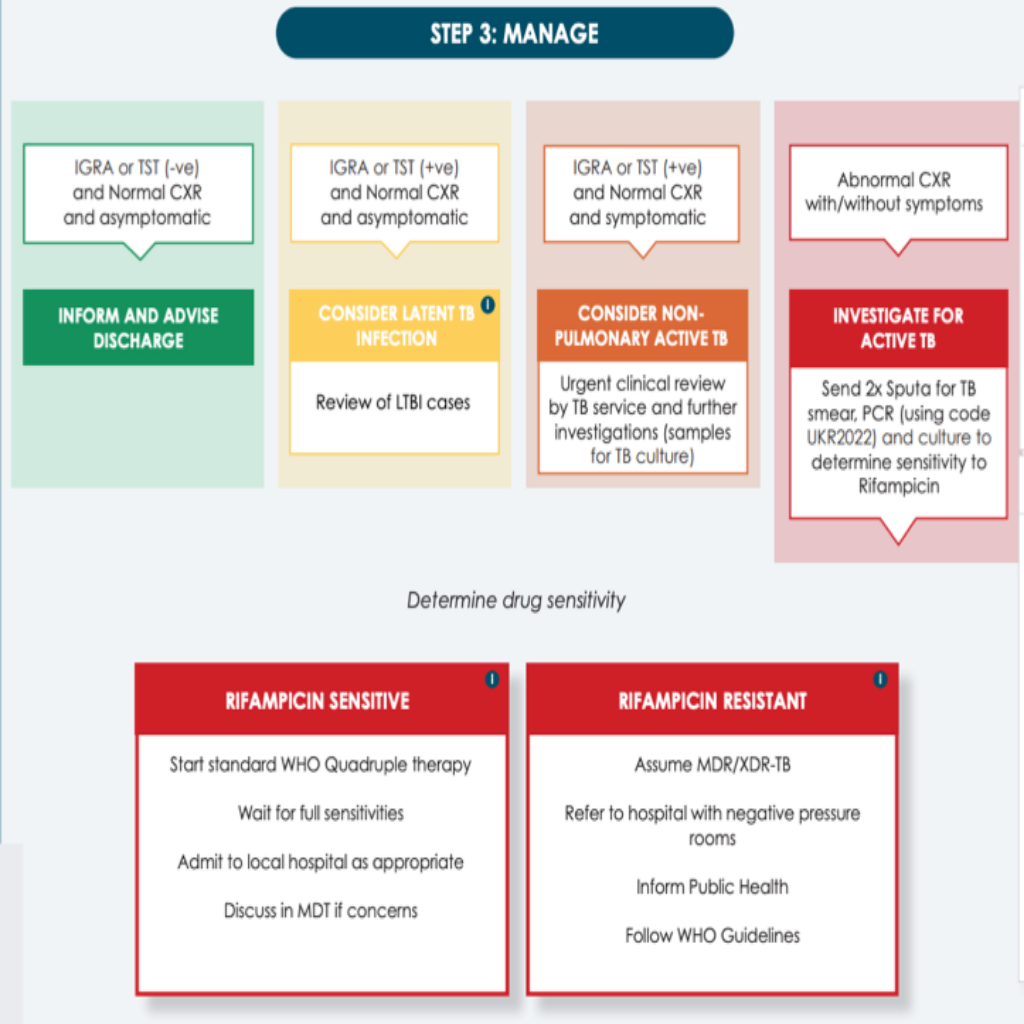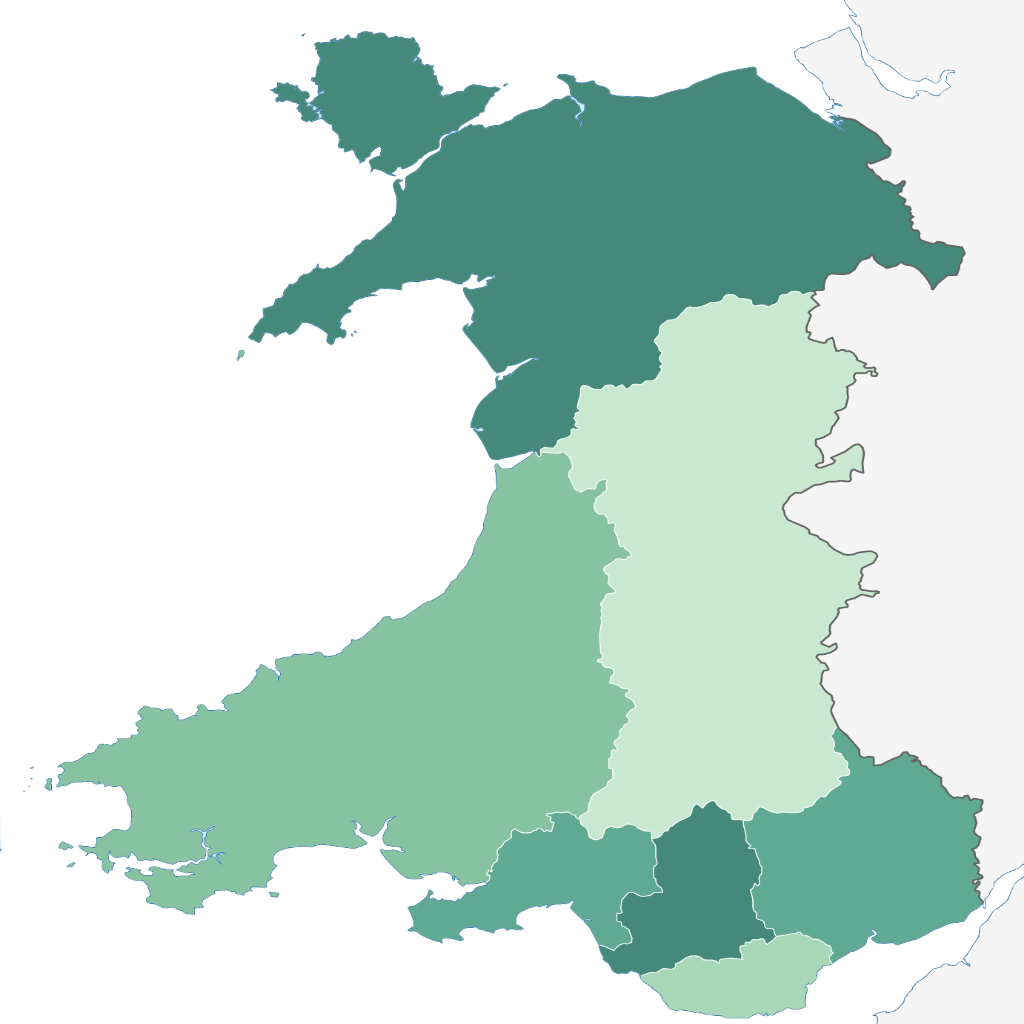Rates of Tuberculosis (TB), and drug-resistant TB in Ukraine are much higher than the UK. The humanitarian crisis in Ukraine prompted the arrival of refugees into the UK, but the UK faced public health concerns because the UK no longer routinely vaccinates against TB. An emergency response to rapidly identify and screen Ukrainian refugees for TB was needed…



”It’s a simple pathway. Once those people are identified, and are fed into the expert teams who know how to manage tuberculosis, we will be successful.”
DR SIMON BARRY, NATIONAL TB CLINICAL LEAD, NHS WALES

A digital therapeutics company giving patients control of their own health with improved outcomes, and increased efficiencies for healthcare providers.
London Office
16 Old Queen St, London SW1H 9HP
Tel: 020 7112 8802
Cardiff Office
50 Cathedral Road, Cardiff, CF11 9LL
Tel: 029 2009 2828
Please complete the enquiry form and our team will be in touch.